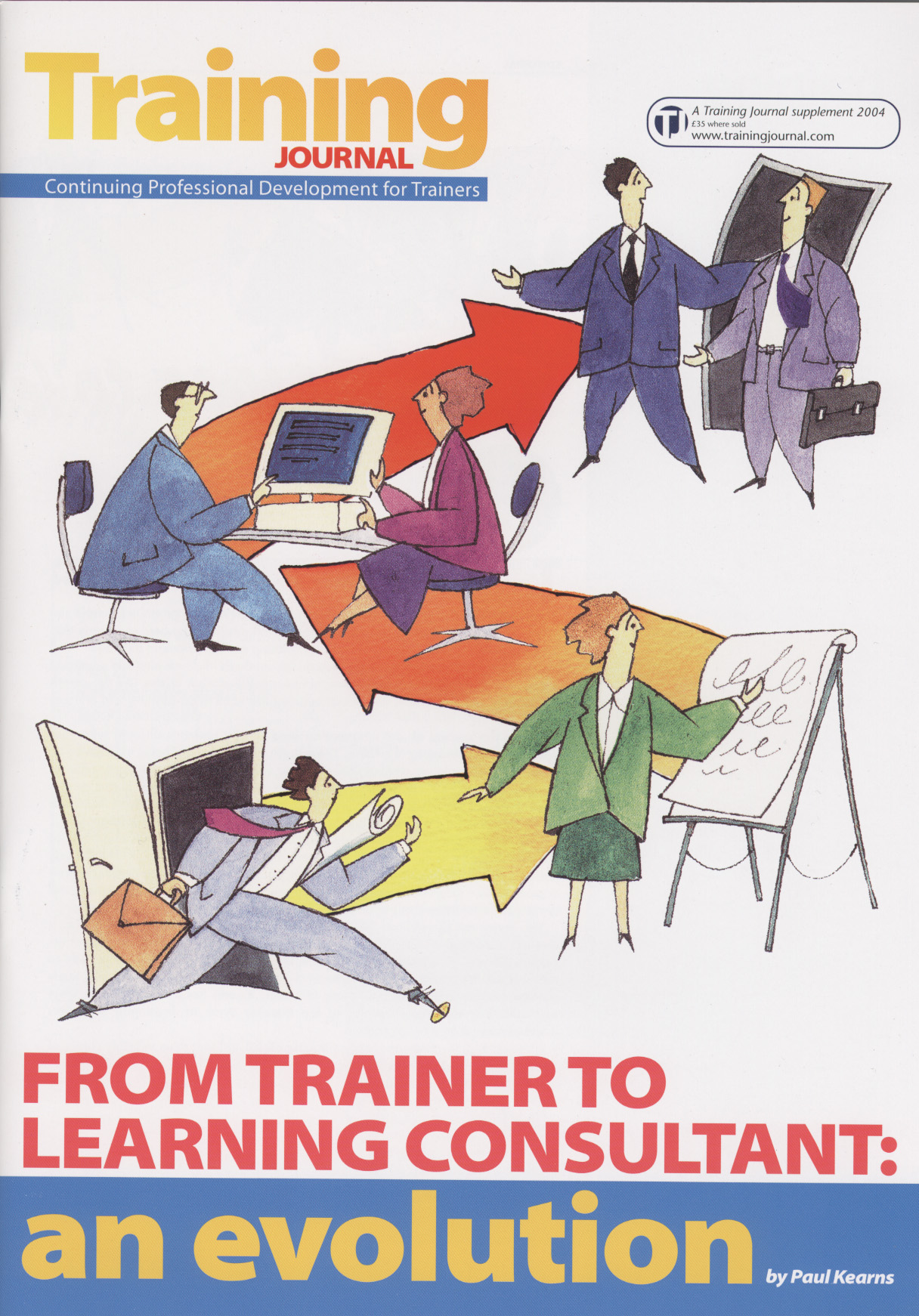 Those new to the Maturity Scale could be forgiven for thinking it is paradoxical: it rates some companies as very immature (Stage 1) whilst they are making extraordinary profits. How can that be? Simple. Maturity is about societal value, not profit. Take Microsoft as a classic example. Microsoft’s virtual monopoly, in PC operating systems and desktop ‘office’ products, enabled it to become one of the most profitable companies on the planet. Yet its track record in innovation, relative to the funds it had at its disposal, was less than stellar. It wasted huge amounts of money reinventing any wheel that its competitors devised (e.g. Netscape/IE, Google/Bing etc.). I remember buying a PC once with Vista and when I asked about replacing it with an earlier, more stable, version of Windows I was told it would cost extra to downgrade?! What a strange state of affairs.
Those new to the Maturity Scale could be forgiven for thinking it is paradoxical: it rates some companies as very immature (Stage 1) whilst they are making extraordinary profits. How can that be? Simple. Maturity is about societal value, not profit. Take Microsoft as a classic example. Microsoft’s virtual monopoly, in PC operating systems and desktop ‘office’ products, enabled it to become one of the most profitable companies on the planet. Yet its track record in innovation, relative to the funds it had at its disposal, was less than stellar. It wasted huge amounts of money reinventing any wheel that its competitors devised (e.g. Netscape/IE, Google/Bing etc.). I remember buying a PC once with Vista and when I asked about replacing it with an earlier, more stable, version of Windows I was told it would cost extra to downgrade?! What a strange state of affairs.
MI is not being unfair or hyper-critical of this sort of corporate behaviour, it is just applying a more meaningful set of criteria for judging performance. MI’s perspective balances profitability against company valuation and overall societal impact. Killing off nascent competition is corporate bullying and deprives customers and citizens of choice and lower prices. Investing money on new products that prove to be retrograde is as much an issue for shareholders (who have seen Microsoft’s market value drop by 50% over the last 10 years) as it is for ordinary citizens. That money could have been put to better use. This is the basis of MI’s critique, it is clear-headed and objective. This is why companies like Microsoft are at such a low maturity level and will stay there until they learn how to progress to Stage 6.
Organizational values (wanting to do the best for society as a whole), the organization’s Stage of maturity and its ability to continuously learn are excellent predictors of long-term, sustainable performance and value creation. This can be expressed as a very simple formula –
Values = Maturity = Learning = Value (for society)
A learning organization will lead in its markets and is more likely to do so profitably and without any stain on its reputation. If any piece of this formula is missing society misses out; in more ways than just lost profit. Rolls Royce, which produces very sophisticated aero- engines, has always had great difficulty making them at a profit. Instead it aims to make whatever profit it can from after-sales servicing. However, there is now a question mark over its values and business practices in the light of a Serious Fraud Office (SFO) investigation into claims of bribery and corruption. Companies that find it too difficult to make money by fair means are more likely to resort to foul and societies that tolerate such perverse learning and organizational behaviour suffer accordingly.
This is why MI’s 4th Pillar demands that organizations should aim to reach Stage 6, MI’s definition of a learning organization. It requires L&D professionals of the highest integrity and probity to show their organizations how to learn to make an honest profit in the face of any pressures to do otherwise.
see also ‘How learning consultants bring maturity to the organization‘

Comments are closed